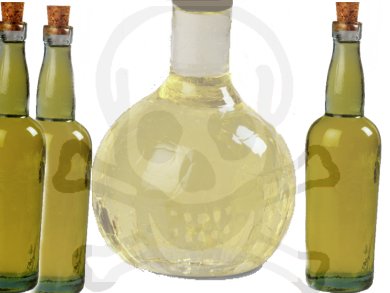When vegetable oils are stored for long periods of time, they can go bad. Chemical changes including oxidation and hydrolysis occur in the oil, and this rancidification can result in the generation of undesirable compounds responsible for malodors and off-flavors; in addition, some of these compounds might be toxic.
Encarnación Goicoechea and María Guillén, University of the Basque Country, Vitoria, Spain, employed solid phase microextraction (SPME) followed by GC/MS to study the compounds present in the air above corn oil in closed containers stored for up to 10 years at room temperature. The containers had different shapes and were not filled completely, providing variation in the air-oil contact surface and total air volume. A large number (140) of volatile oxidation compounds including acids, alcohols, esters, hydrocarbons (saturated, monounsaturated, diunsaturated, cyclic, monoaromatic, polyaromatic), terpenes, ketones, alkanals, alkenals, di- and trialkenals, aromatic aldehydes and ketones, oxygenated saturated aldehydes, oxygenated α,β-unsaturated aldehydes, lactones and furan derivatives were identified and quantified.
Among the volatiles detected were two groups of toxic compounds, the concentration of which increased with the oxidation levels. The first group included alkylbenzenes and mono- and poly-cyclic aromatic hydrocarbons (PAH), such as toluene or naphthalene, and the second group oxygenated α,β-unsaturated aldehydes (OαβUA) derived from omega-6 and omega-3 polyunsaturated fatty acids. OαβUA are known to be genotoxic and cytotoxic.
The results highlight the importance of adequate storage conditions to preserve oil quality and safety.
- Volatile compounds generated in corn oil stored at room temperature. Presence of toxic compounds,
Goicoechea and Guillén,
Eur. J. Lipid Sci. Technol. 2014, 116.
DOI: 10.1002/ejlt.201300244



